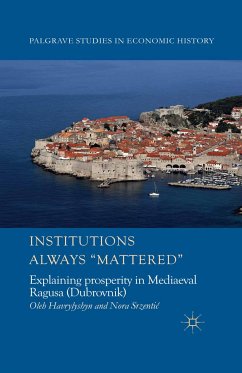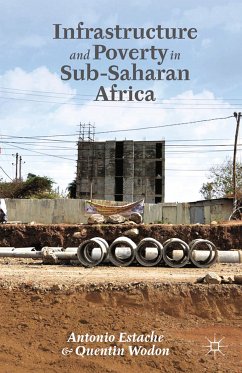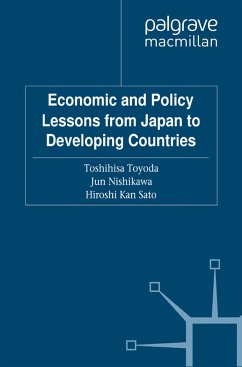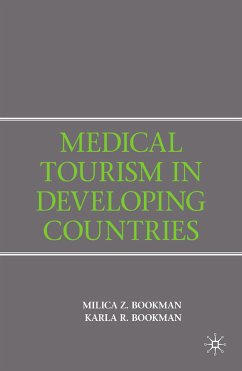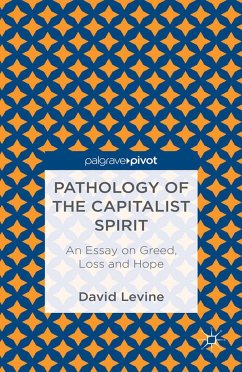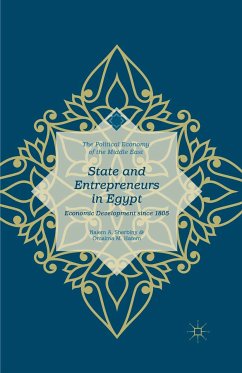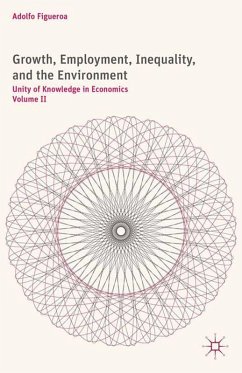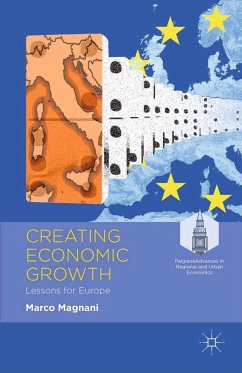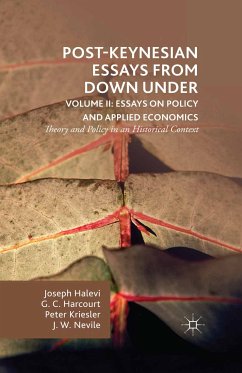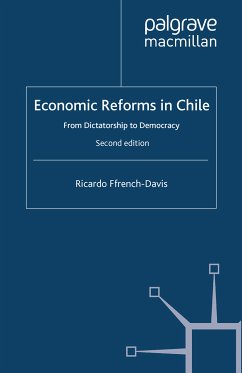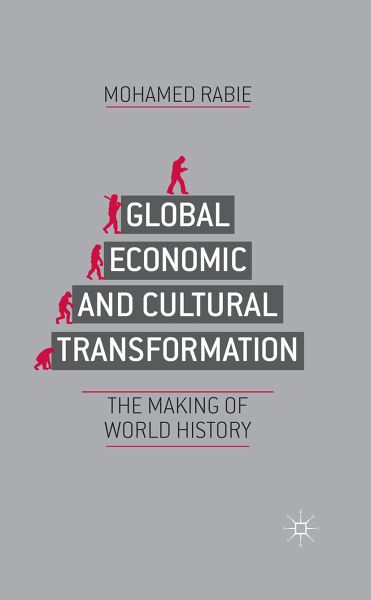
Global Economic and Cultural Transformation (eBook, PDF)
The Making of History
Versandkostenfrei!
Sofort per Download lieferbar
40,95 €
inkl. MwSt.
Weitere Ausgaben:

PAYBACK Punkte
20 °P sammeln!
Society today faces multi-dimensional challenges that are hard to define and even harder to deal with. Social and economic systems throughout the world are becoming more complex and interdependent, and globalization is moving beyond the sphere of economics to engulf other aspects of life, particularly culture and security. Our current theories, strategies, and road maps are fast becoming out-dated and no new ones have emerged to take their place. Mohamed Rabie re-examines the relevance of major ideas and systems of the recent past, including ideology and its relation to society in Global Econo...
Society today faces multi-dimensional challenges that are hard to define and even harder to deal with. Social and economic systems throughout the world are becoming more complex and interdependent, and globalization is moving beyond the sphere of economics to engulf other aspects of life, particularly culture and security. Our current theories, strategies, and road maps are fast becoming out-dated and no new ones have emerged to take their place. Mohamed Rabie re-examines the relevance of major ideas and systems of the recent past, including ideology and its relation to society in Global Economic and Cultural Transformation. This book is an attempt defines and explains this transitional period and provides a new conception of economic and societal world history, which us understand how we got here and where we are going.
Dieser Download kann aus rechtlichen Gründen nur mit Rechnungsadresse in A, B, BG, CY, CZ, D, DK, EW, E, FIN, F, GR, HR, H, IRL, I, LT, L, LR, M, NL, PL, P, R, S, SLO, SK ausgeliefert werden.



